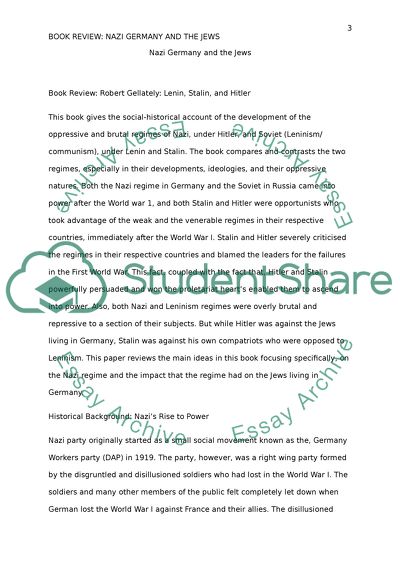Cite this document
(“Lenin, Stalin, and Hitler: The Age of Social Catastrophe Essay”, n.d.)
Retrieved from https://studentshare.org/history/1475062-nazi-germany-and-the-jews
Retrieved from https://studentshare.org/history/1475062-nazi-germany-and-the-jews
(Lenin, Stalin, and Hitler: The Age of Social Catastrophe Essay)
https://studentshare.org/history/1475062-nazi-germany-and-the-jews.
https://studentshare.org/history/1475062-nazi-germany-and-the-jews.
“Lenin, Stalin, and Hitler: The Age of Social Catastrophe Essay”, n.d. https://studentshare.org/history/1475062-nazi-germany-and-the-jews.


